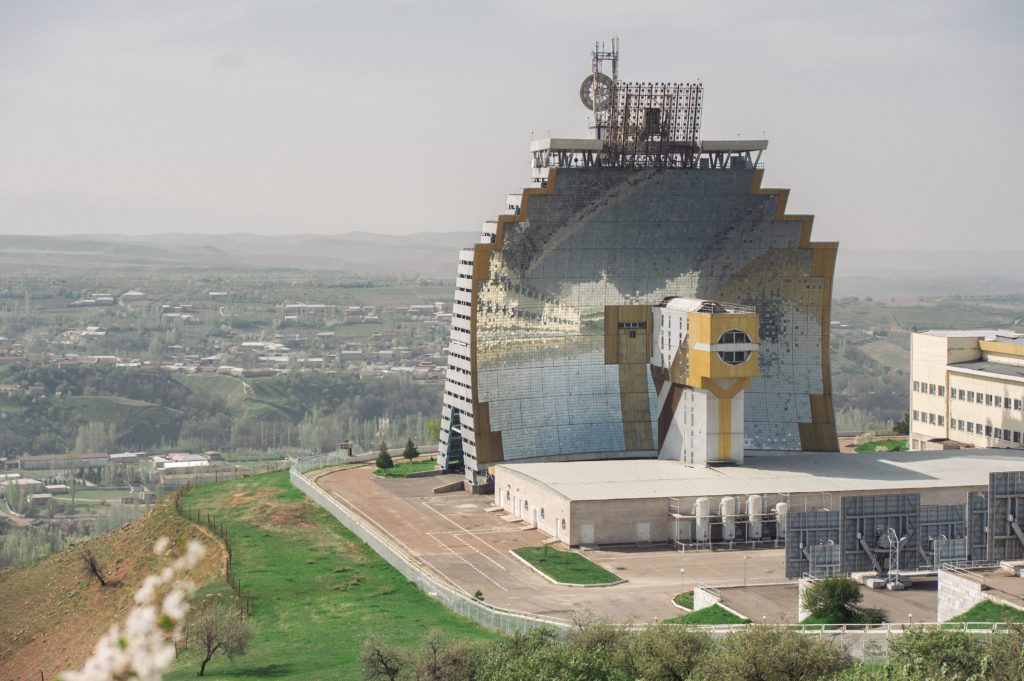TASHKENT
Uzbekistan will allow private companies to obtain a license to sell electricity as the first step of its transition to a wholesale competitive electricity market, as it attempts to improve the management of its electric power industry and reduce the state’s involvement in it.
Uzbekistan’s Energy Ministry said it developed a three-stage plan for the country’s transition to a more open market, starting this year, with the final stage taking place in 2025.
“The transition to market relations in the energy sector and a radical reduction of the state share will serve to improve the management system of the electric power industry,” the ministry said in a statement. “As a result, the country’s energy security, reliability and stability of the energy supply will be ensured.”
As the first step state electricity companies will be liberalised and private companies will be allowed to obtain licenses to sell electricity. Authorities expect this market-based approach to improve product quality and lower prices.
During the second phase of the transition, an operator of the electricity distribution system will be created, and the function of selling electricity to consumers will gradually be transferred to suppliers. These suppliers will be entitled to sell electricity to consumers on the basis of a license.
Consumers will be able to purchase electricity through an online trading platform or through any supplier. This means the suppliers will operate in a competitive environment, providing the best offers for power supply, according to the ministry.
In the final stage, intraday (hourly) trading with electricity will be launched, the ministry said adding that excess or deficit volumes of hourly production and consumption of electricity will be traded online on the trading floor.
Uzbekistan, with its population of almost 35 million, is struggling to meet demand for electricity under its current system, and usually faces power blackouts during cold winter days and hot summers. The Energy Ministry said that its power sector suffered from an ageing infrastructure and decades of neglect while facing constantly increasing demand. It expects electricity consumption to double within ten years.
The government asked the Energy Ministry to double electricity generation from its current 66.4 billion kilowatt/hours by 2030.
“This growth is largely responsible for the fact that today there are cases of short-term power outages during periods of peak loads, mainly falling on the days of sharp climatic changes in air temperature,” the ministry said.
Facing harsh criticism from the population and also from the parliament, the ministry said that for the past three years certain progress had been achieved to modernise the power generation system and to involve the private sector by attracting foreign investors.
“The commissioning of new power plants, including thermal, solar or photovoltaic and wind, is in many ways an example of the market changes that are already taking place in the energy sector of the country,” the ministry said.
Almost all new plants to be commissioned are built on a fundamentally public-private partnership basis, a new concept for Uzbekistan’s energy sector.
Uzbekistan recently signed a total of 13 power purchase agreements with foreign independent energy producers, including Total Eren SA (France), Abu Dhabi Future Energy Company – Masdar (UAE), Aksa Enerji Üretim A.Ş. (Turkey), ACWA Power (Saudi Arabia).

